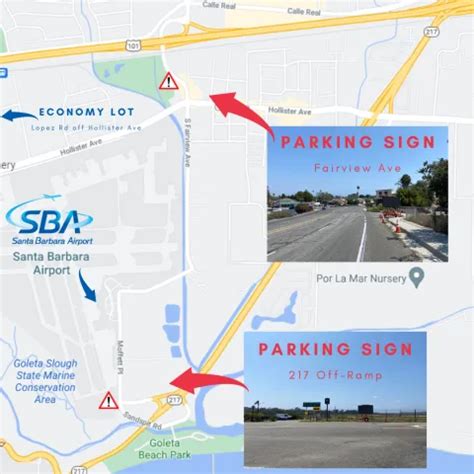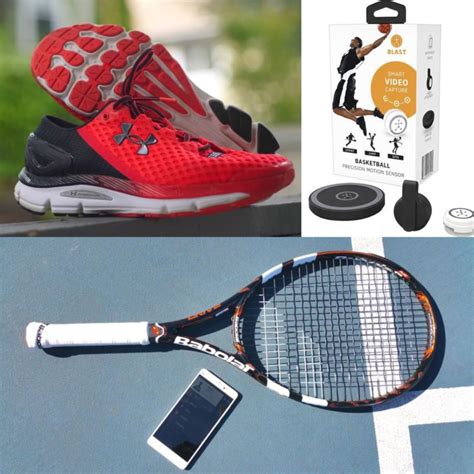The world of sports is often associated with competition, discipline, and the pursuit of excellence. However, there exists a unique and inspiring corner of the athletic universe where the emphasis shifts from winning at all costs to empowerment, inclusion, and joy. This is the realm of the Special Olympics, a global movement that has been transforming lives for over five decades. Through its multifaceted approach to sports, health, and advocacy, the Special Olympics has become a beacon of hope and acceptance, breaking down barriers and fostering a culture of compassion and understanding.
Historical Evolution: From Humble Beginnings to Global Phenomenon
The Special Olympics movement was founded in 1968 by Eunice Kennedy Shriver, who was inspired by her sister Rosemary’s experiences with intellectual disabilities. Shriver believed that people with intellectual disabilities could achieve great things if given the opportunity, and she set out to create a program that would provide them with the chance to participate in sports and develop their physical and emotional skills. The first Special Olympics games were held on July 20, 1968, at Soldier Field in Chicago, with approximately 1,000 athletes from the United States and Canada participating.
Since its inception, the Special Olympics has undergone phenomenal growth, expanding to become a global organization with programs in over 170 countries. The movement has not only provided a platform for athletes with intellectual disabilities to compete and excel but has also become a powerful tool for promoting social inclusion, combating stigma, and advocating for the rights and dignity of people with disabilities.
Problem-Solution Framework: Addressing Challenges and Empowering Athletes
Despite the remarkable progress made by the Special Olympics, numerous challenges persist. Many athletes with intellectual disabilities face significant barriers to participation, including lack of access to training facilities, inadequate coaching, and societal stigma. Furthermore, the organization must continually adapt to the evolving needs of its athletes, addressing issues such as health disparities, education, and employment opportunities.
To address these challenges, the Special Olympics has developed a range of innovative programs and initiatives. For example, the organization’s “Unified Sports” program brings together athletes with and without intellectual disabilities to compete and train as teammates, promoting social interaction, mutual respect, and understanding. Additionally, the Special Olympics has launched various health initiatives, such as “Healthy Athletes,” which provides free health screenings and education to athletes, helping to identify and address health concerns early on.
Comparative Analysis: The Impact of Special Olympics on Athletes and Communities
Research has consistently demonstrated the profound impact of the Special Olympics on athletes and communities. Studies have shown that participation in Special Olympics programs can lead to significant improvements in physical and mental health, social skills, and self-esteem among athletes. Moreover, the movement has been instrumental in promoting social inclusion, breaking down stereotypes, and fostering a culture of acceptance and empathy.
In comparison to other sports organizations, the Special Olympics stands out for its unwavering commitment to empowering athletes with intellectual disabilities. While other organizations may offer limited opportunities for athletes with disabilities, the Special Olympics provides a comprehensive and supportive environment that caters to the unique needs and abilities of its athletes. Furthermore, the organization’s focus on social inclusion and community engagement has helped to create a sense of belonging and connection among athletes, families, and volunteers.
Expert Insight: Voices from the Special Olympics Community
“The Special Olympics has given me a sense of purpose and belonging. I’ve made friends, learned new skills, and gained confidence through my participation in the program.” - Emily, Special Olympics athlete
“I’ve seen firsthand the transformative power of the Special Olympics. The organization has helped my son develop physically, emotionally, and socially, and has provided our family with a supportive community and resources.” - John, parent of a Special Olympics athlete
“The Special Olympics is more than just a sports organization – it’s a movement for social change. By promoting inclusion, acceptance, and empowerment, we can create a more just and equitable society for all.” - Dr. Timothy Shriver, Chairman of Special Olympics
Decision Framework: Getting Involved with the Special Olympics
For individuals looking to get involved with the Special Olympics, there are numerous ways to contribute. Here are a few steps to consider:
- Volunteer: Sign up to volunteer at a local Special Olympics event or program, where you can assist with coaching, scorekeeping, or providing general support to athletes.
- Donate: Make a financial contribution to the Special Olympics, which will help support programs, services, and initiatives that benefit athletes with intellectual disabilities.
- Coach or Mentor: Consider becoming a coach or mentor for Special Olympics athletes, where you can provide guidance, support, and expertise to help them develop their skills and achieve their goals.
- Spread the Word: Help raise awareness about the Special Olympics and its mission by sharing information with friends, family, and social networks.
FAQ Section
What is the mission of the Special Olympics?
+The mission of the Special Olympics is to provide year-round sports training and competition in a variety of Olympic-type sports for children and adults with intellectual disabilities, giving them continuing opportunities to develop physical fitness, demonstrate courage, experience joy and participate in a sharing of gifts, skills and friendship with their families, other Special Olympics athletes and the community.
How can I get involved with the Special Olympics?
+There are many ways to get involved with the Special Olympics, including volunteering, coaching, mentoring, donating, and spreading the word about the organization and its mission. Visit the Special Olympics website to learn more about opportunities in your area.
What are the benefits of participating in the Special Olympics for athletes with intellectual disabilities?
+Participating in the Special Olympics can have a profound impact on athletes with intellectual disabilities, leading to improvements in physical and mental health, social skills, and self-esteem. Athletes also experience a sense of belonging, connection, and empowerment through their involvement in the program.
Key Takeaway: Empowering a More Inclusive Future
The Special Olympics is more than just a sports organization – it’s a beacon of hope, acceptance, and empowerment for people with intellectual disabilities. Through its comprehensive programs, innovative initiatives, and unwavering commitment to inclusion, the Special Olympics has created a global movement that is transforming lives and communities. As we look to the future, it’s essential that we continue to support and amplify the work of the Special Olympics, promoting a culture of acceptance, empathy, and understanding that values the unique contributions and abilities of all individuals. By doing so, we can create a more just, equitable, and inclusive world for everyone.



